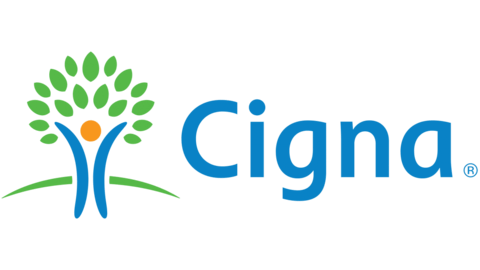Your EAP is available 24/7 for confidential assistance, crisis, and community support. Employees and their household members can call your company’s designated EAP toll-free number for support on this topic or something else. Call 1.877.622.4327 for support today!







